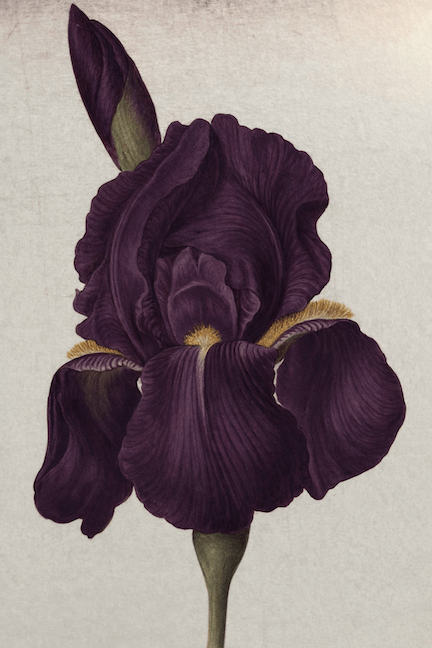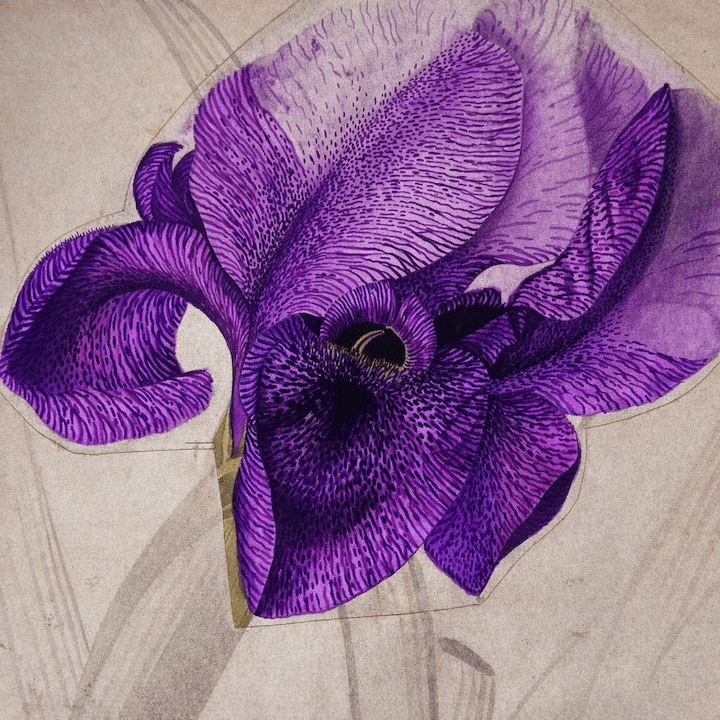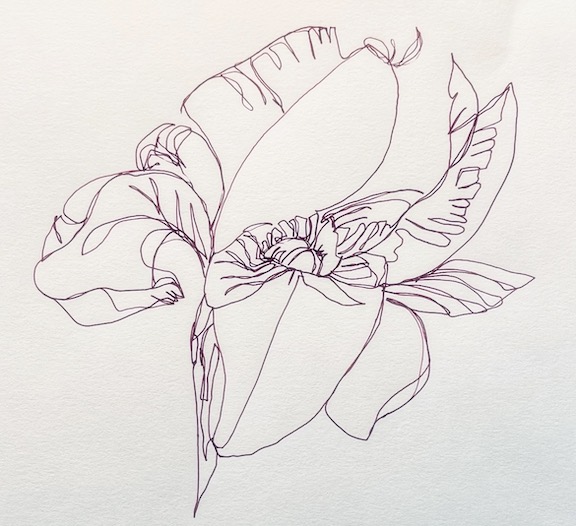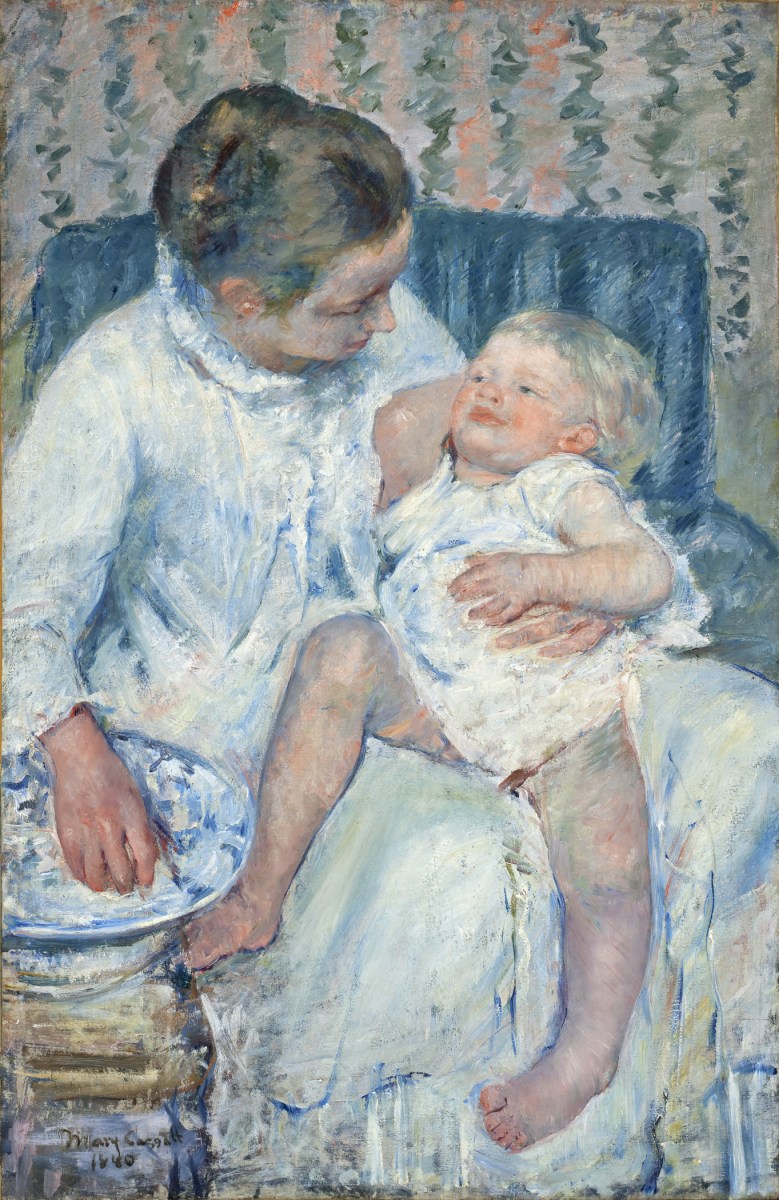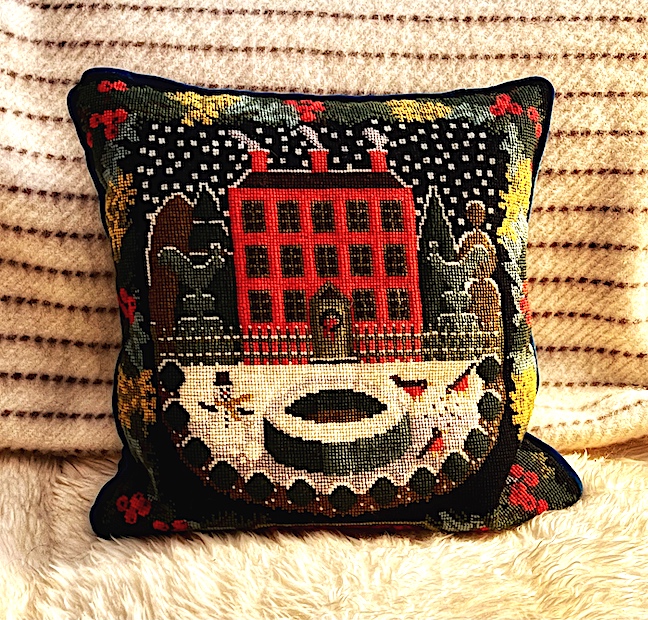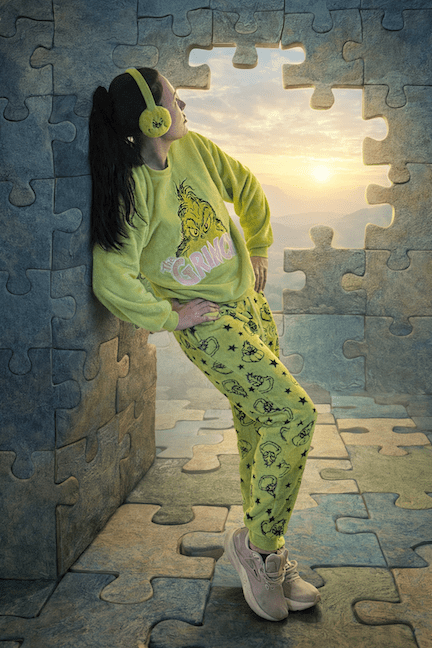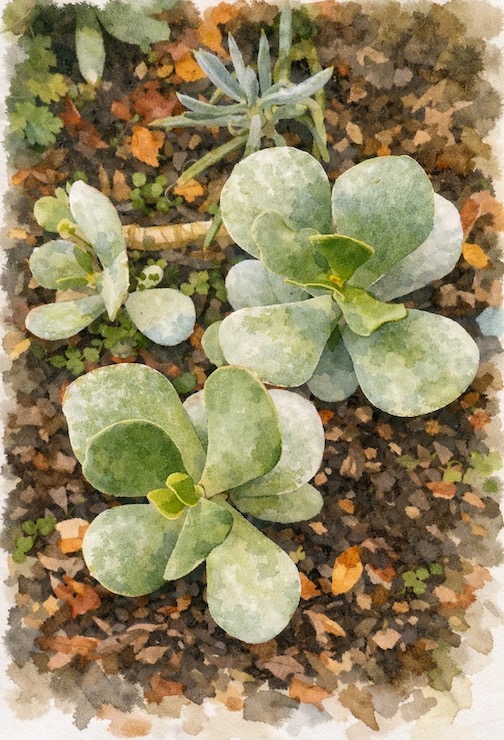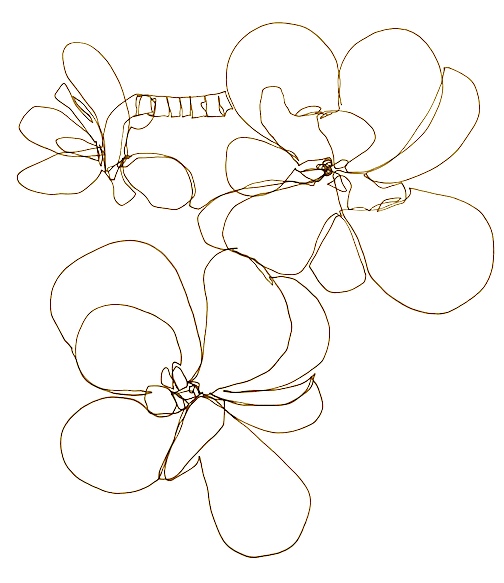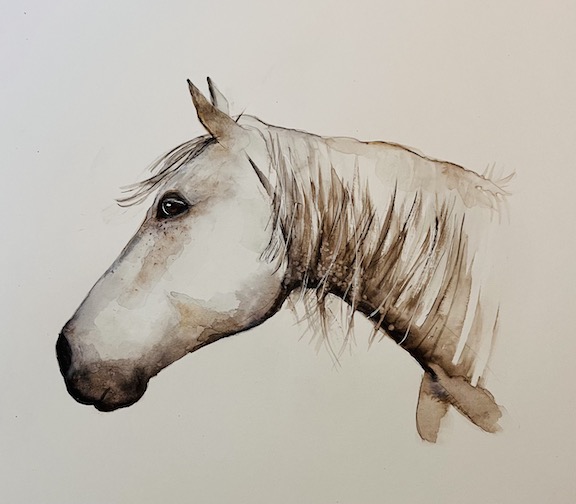
White Horses by Eleanor Farjeon
Count the white horses you meet on the way,
Count the white horses, child day after day,
Keep a wish ready for wishing – if you
Wish on the ninth horse, your wish will come true.
I saw a white horse at the end of the lane,
I saw a white horse canter down by the shore,
I saw a white horse that was drawing a wain,
And one drinking out of a tough: that made four.
I saw a white horse gallop over the down,
I saw a white horse looking over a gate,
I saw a white horse on the way into town,
And one on the way coming back: that made eight.
But oh for the ninth one: where he tossed his mane,
And cantered and galloped and whinnied and swished
His silky white tail, I went looking in vain,
And the wish I had ready could never be wished.
Count the white horses you meet on the way,
Count the white horses, child, day after day,
Keep a wish read for wishing – if you
Wish on the ninth horse, your wish will come true.

